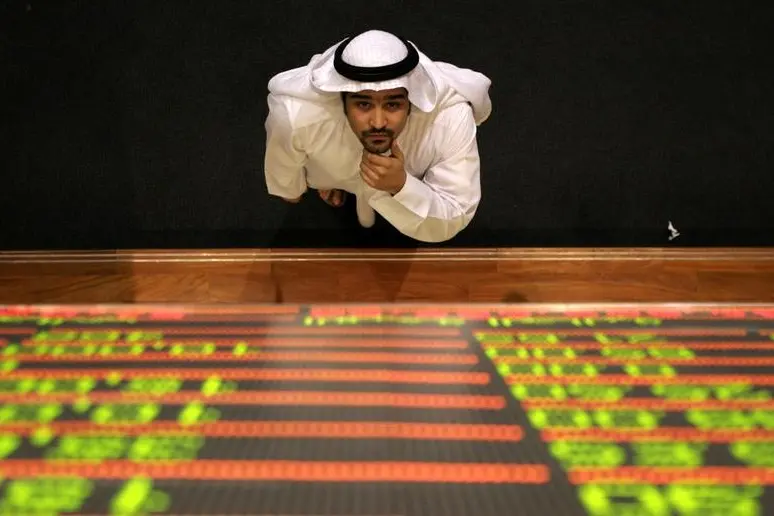PHOTO
Sunday, Jul 10, 2016
Dubai: The most celebrated tool by alternative fund managers could be a double-edged sword.
Though High Frequency Trading (HFT) sometimes has a potential to create an alpha - the financnial world’s word for high-end returns - as managers exploit opportunities provided by volatility, it has, at the same time, the potential to disrupt the market — just as it did May 2010, when the ‘Flash Crash’ hit the market.
HFT is a class of algorithmic-based trading software designed to place a large number of trades in multiple markets within a very short period of time (as short as a few nanosections) to take advantage of price movements or discrepancies. The ratio of placed-to-executed trades is generally very high, with most placed trades being rapidly cancelled by the trading systems.
According to a recent study, about 60 per cent of trading volumes in US futures markets were generated by HFT programs, and analysts think that these volumes will grow at a rapid pace.
“HFT is expected to continue [increasing] trading volume as these firms expand globally. These strategies depend on the technological advancement of execution platforms, which [are] being rapidly implemented with the recent mergers of global exchange platforms,” Vaqar Zuberi, portfolio manager & senior analyst within Mirabaud Asset Management’s Hedge Fund team, told Gulf News.
But the alternative investments strategy has been placed under scrutiny time and again, because of its potential to disrupt the market, causing and triggering losses running into billions of dollars.
Futures and cash markets for cattle have come under scrutiny over pricing following a setback in the second half of last year from record levels reached in 2014.
A US watchdog is now investigating if HFT had any role to play in the price decline of cattle futures last year. HFT accounted for 10 per cent of volumes in CME’s cattle markets and 50 per cent of its overall average daily volume.
The US watchdog accepted a request from the Senate judiciary committee to study the reasons for the decline. The regulator is expected to review “what is known about the extent to which high-frequency trading in cattle futures contracts has contributed to price fluctuations,” Zuberi said.
“These programs may be responsible for bouts of extreme market volatility and therefore are being scrutinised by market regulators to limit their impact and potentially their access to global exchange platforms,” Zuberi said.
But for traditional fund managers the concept of HFT has been alien.
“HFT does not fit into our longer term investments criteria of meeting the management, forecasting on financial statements. High frequency trading is a different approach, so it would be completely alien for us,” Paul Morgan, investment manager at Barings Investments, said.
By Siddesh Suresh Mayenkar Senior Reporter
Gulf News 2016. All rights reserved.





















